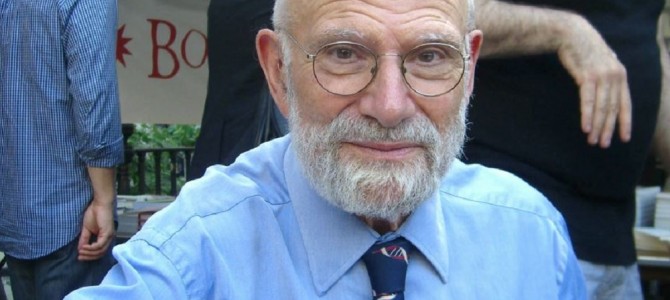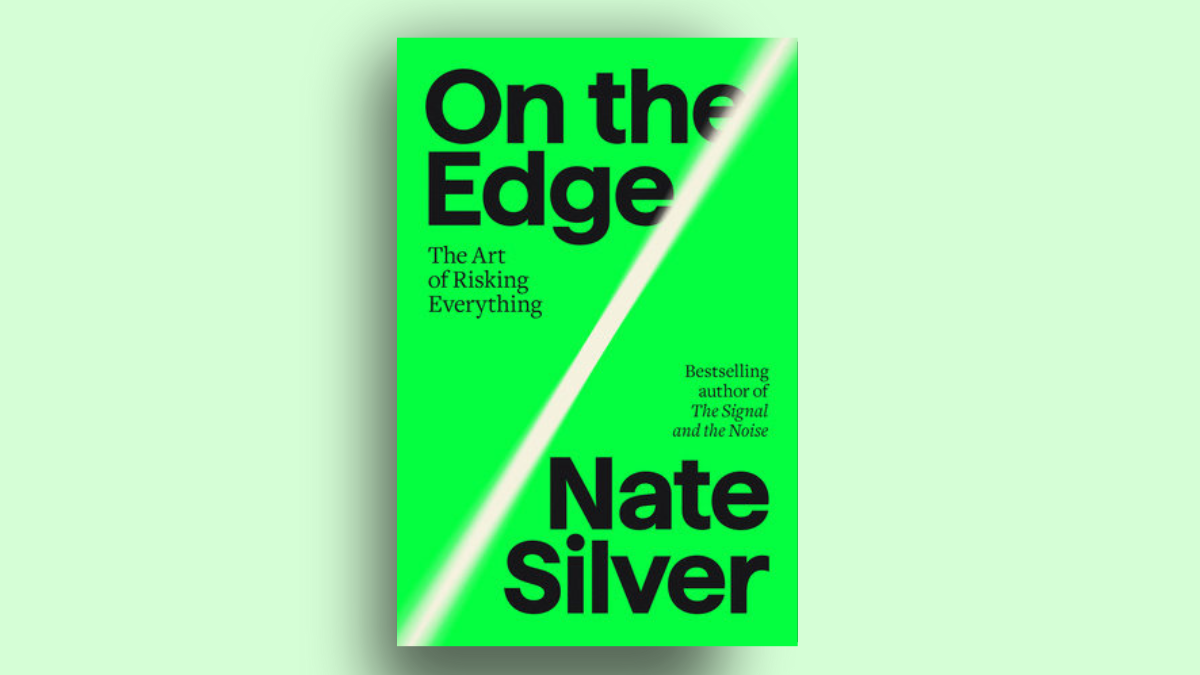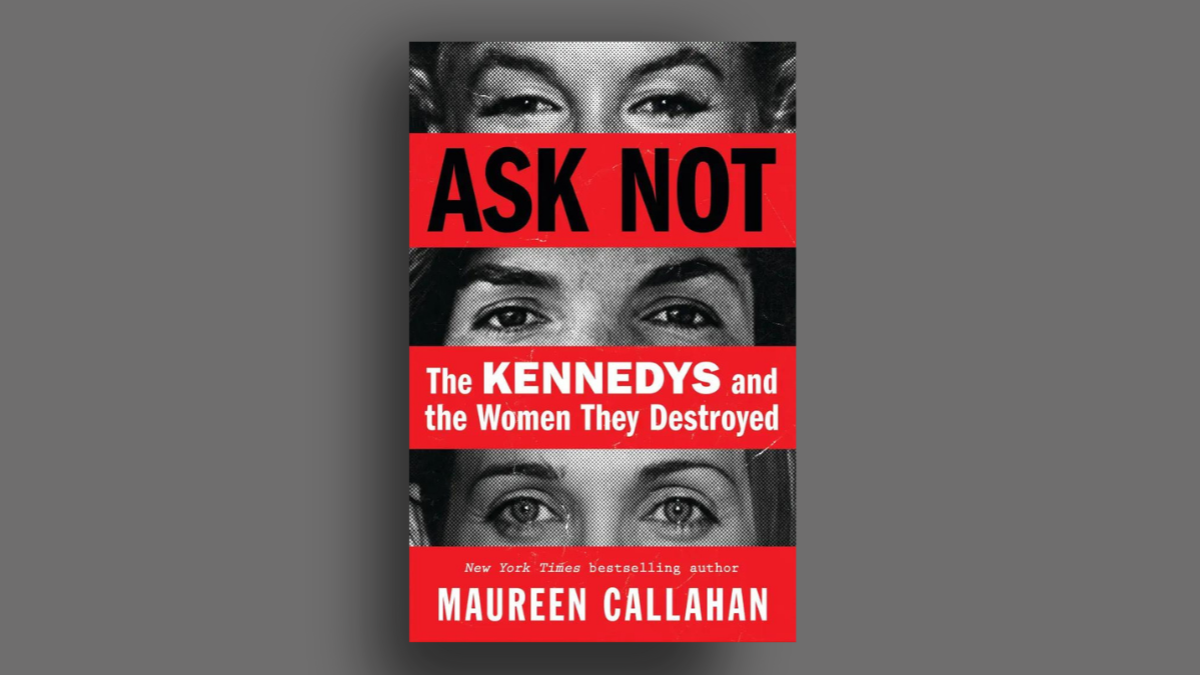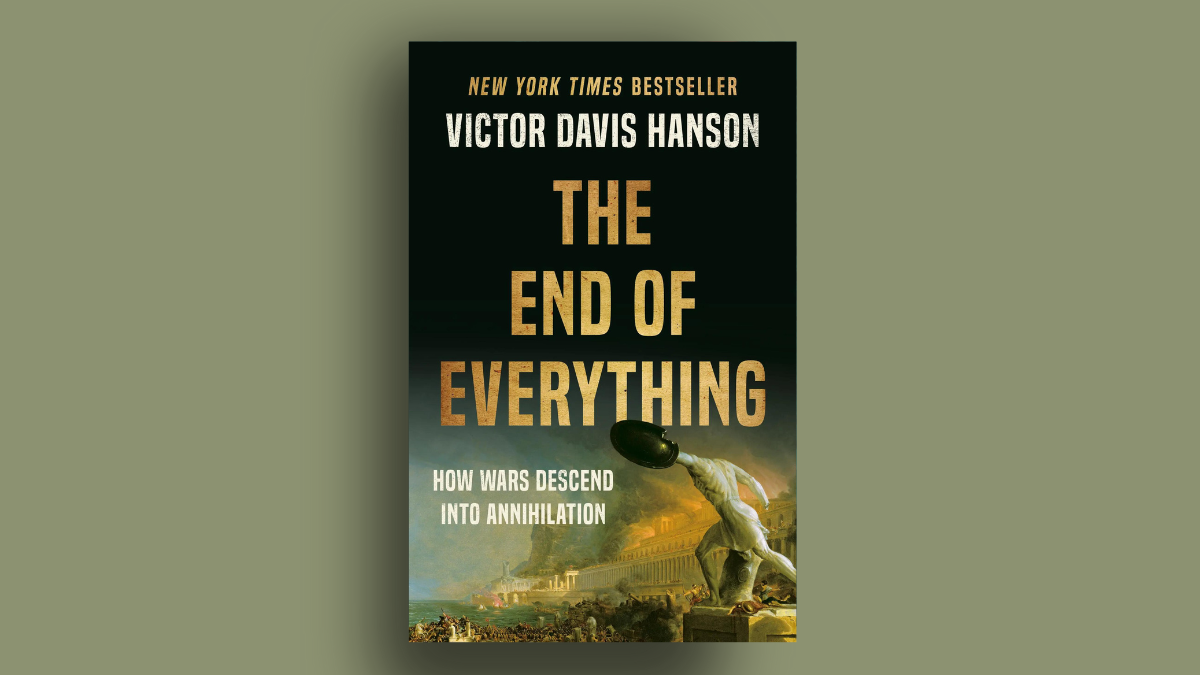
When Dr. Oliver Sacks died last August, age 82, obituaries hailed him as America’s great chronicler of medical oddities. He had told those of us whose brains were reasonably well regulated the bizarre-but-true tales of those who were not so fortunate. This expatriate English Jewish neurologist helped us better see how our synapses fire by showing us just how badly they can misfire.
Through Sacks’s literary effort, boosted by Robin Williams’s dramatic turn in Awakenings, we saw what it was like for patients to emerge from near-comatose states brought on by encephalitus lethargica, by use of a new miracle drug. From Sacks’s other works, we learned more about effing Tourette syndrome, autism, near deafness, colorblindness, visual agnosia, and other sight-based disorders of the brain.
Dr. Sacks was read widely, over many decades, by readers who trusted his insights. One reviewer for the Washington Post wrote that “in his person Sacks justifies the medical profession and, one is tempted to say, the human race.” That may be over-egging it by a country mile. The point is, the man was revered by many.
When Life Is Almost Over
He was also, it almost goes without saying, prolific. During Sacks’s lifetime, readers had more than a dozen of his books to read before bed. Other nightstand reading included his reviews and essays. Specialists might read his journal articles. More visual learners could pop his documentaries or movies into their DVD players and Netflixes.
Gratitude, published in November, is the first of several expected posthumous volumes from Sacks. This was not an intended book, though it’s hard to imagine the author objecting to its publication. The small folio, short but not slight, is a cobbling together of four essays on the theme of “What comes next?” written and published in the last years of Sacks’s life.
In the first essay, Sacks considered his coming eightieth birthday with only “a scattering of medical and surgical problems, none disabling.” He knew the actuarial tables were not his friend, but at the same time found it hard to take mortality too seriously. “I often feel that life is about to begin, only to realize it is almost over,” he wrote.
The last three essays show us a progressively closer picture of that slow train coming. Sacks tells us he put the finishing touches on his autobiography On the Move: A Life, published last April, shortly before receiving unexpectedly awful news. The cancer which had afflicted his right eye in 2006, costing him his sight there, wasn’t done with him yet. After making him a cyclops, it had slowly migrated all the way to his liver and, of course, multiplied.
Reaching A Good Death
This liver cancer, explained Sacks, was a death sentence, though one that might take its sweet time. Death could be put in slow motion with treatment. Sacks gave that a go, lengthening his life by perhaps eight months. Readers won’t have to wait until Sacks’s last few projects are published to judge that treatment worth every last cent. In his extra months, Sacks gave us one of the great short reflections on what it means to have a good death – a subject often avoided nowadays but one that can enrich our lives.
Perhaps Gratitude is so good because Sacks had 40 years to think about it. The title came from Sacks’s first serious brush with mortality at 41, when he “had a bad fall and broke a leg while mountaineering alone.” He made a splint and started to make his way “clumsily” down the mountain with no realistic expectation that he would survive.
He neither despaired nor bargained in the descent. “In the long hours that followed, I was assailed by memories, both good and bad. Most were in a mode of gratitude – gratitude for what I had been given by others, gratitude too that I had been able to give something back,” Sacks writes.
The essays are leavened with science, but not overburdened by explanation. When Sacks got his terminal diagnosis, he decided, “It is up to me now to choose how to live out the months that remain to me. I have to live in the richest, deepest, most productive way I can.” He decided to take stock, to write, to travel, to spend time with friends and loved ones, and to tune out anything “inessential” including NewsHour, politics, and global warming.
On The Seventh Day, He Rested
Many modern atheists have tried to claim Sacks for their camp. He was a man of science as well as a homosexual whose departure from Judaism was seemingly sealed when his mother overreacted to news he had some vague, unacted-upon attraction to men. Pro-tip to parents in that awkward spot: Don’t fly off the handle and call your son an “abomination” or tell him you wish he’d never been born.
Yet believers have long thought Sacks’s insights worth stealing and suspected that someone so dedicated to getting at truth might make room for higher truths. In the mid-1990s, novelist and National Review columnist D. Keith Mano used the neurologist’s work with people who recover their sight to argue for the medical authenticity of one of Christ’s miracles. When Jesus healed the blind man at Bethsaida, in the Gospel of Mark chapter 8, the man said something peculiar: “I see men as trees walking.” Jesus then had another go at fixing the man’s vision, and succeeded.
Mano, drawing on Sacks’s insights, explained that much of what we actually “see” is not so much a raw visual feed but a sophisticated mental map that takes some time for the brain to construct – a sort of grid to make sense of visual stimuli. Lose your sight for even a moderate length of time and you lose that map. Therefore, Jesus had actually produced two miracles, argued Mano. He had restored first the man’s sight, then his map. He had done so in a way that is explicable only through the insights of modern science.
I don’t know what Sacks would have made Mano’s proof. I do know from that in his final years he went to Israel with his longtime partner Bill “Billy” Hayes. Sacks observed Shabbos with orthodox family members there and was profoundly moved by the experience.
The last paragraph of his fourth essay finds Sacks “weak, short of breath, my once-firm muscles melted away by cancer” and still puzzling out “what is meant by living a good and worthwhile life.” In that final hour, the great tradition of his people continues to shape his thinking, as evidenced by this memorable mic drop: “I find my thoughts drifting to the Sabbath, the day of rest, the seventh day of the week, and perhaps the seventh day of one’s life as well, when one can feel that one’s work is done, and one may, in good conscience, rest.”
Oliver Sacks, R.I.P.









